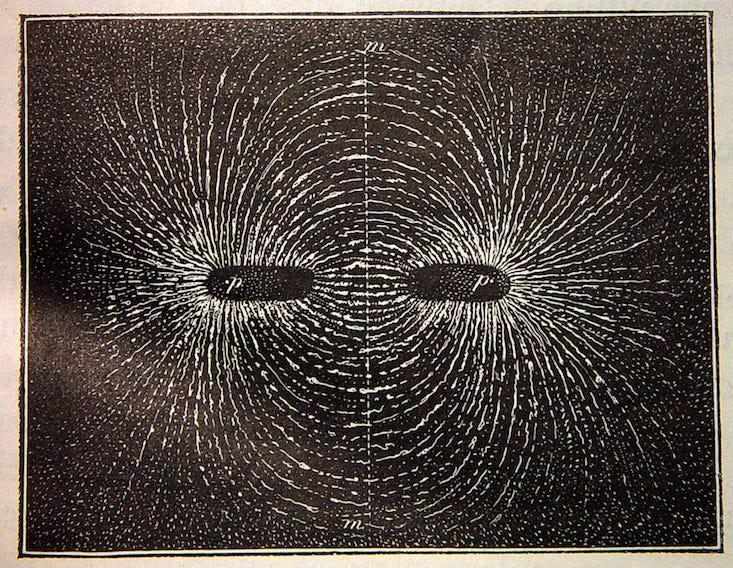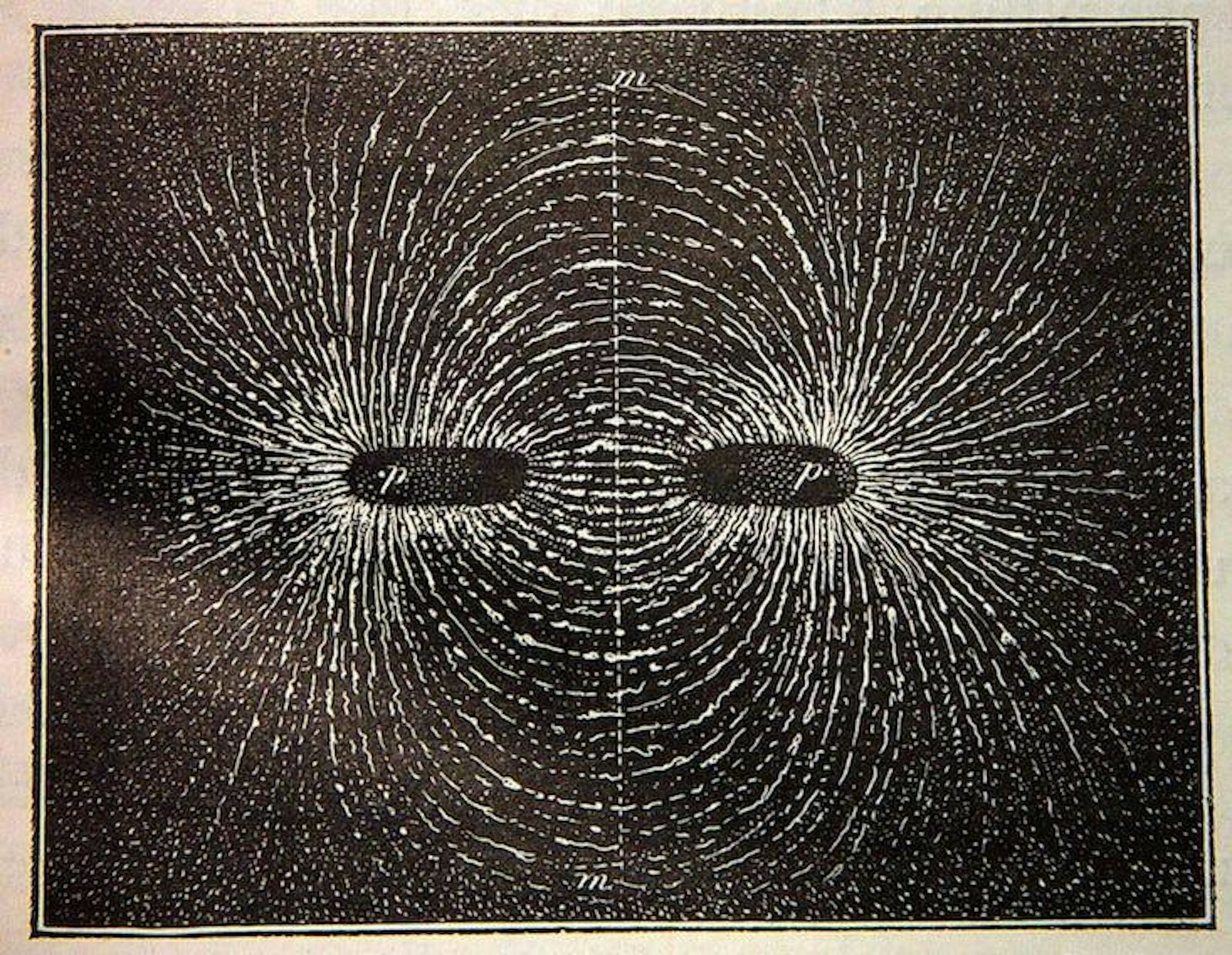
Open any newspaper, on-screen or off, and you’ll find that scientific controversy underlies many of the day’s most hotly debated issues. The arguments surrounding genetically modified organisms, the threat of artificial intelligence to human existence, and stem cell research are exemplary. Science, a domain that we might naively expect to provide objective knowledge and definitive answers, has always been and will remain forever contested.
What is the non-expert—that is, most of us—to do? For most issues, interpreting research findings or parsing the academic debate is infeasible. As a result, people often form opinions and champion causes based on personal experience or ideology rather than suspend judgment. However, dogma—especially with respect to scientific issues—endangers progress. Nothing is more subjective than personal experience, and ideology has a tendency to be unresponsive to new or countervailing evidence, given the meaning it provides in people’s lives. Moreover, belief without objective reflection undermines the very premise of scientific enterprise.
A different but related set of issues plagues the academy itself. Graduate students today often spend years hyper-specializing and in doing so, remain disengaged from scientific conversations relevant to society. “Different sorts of specialist have startlingly different priorities and concerns,” writes Elijah Millgram, in his 2015 book The Great Endarkenment: Philosophy for an Age of Hyperspecialization. This is as much a product of the complexity of scientific research today as it is a product of insularity or timidity on the part of the scientists. Many are unwilling to take a definitive stand on an issue, lest they be incorrect and condemned by their peers, for example, and the rigor that typically characterizes their work is absent when it comes to interdisciplinary cross-talk and public communication.
But the need for specialization and caution in the scientific community is no excuse for its members to renege on the responsibility to engage with the larger community of people we serve. After all, colleagues, citizens, and voters cannot support good scientific policy if they lack understanding of the scientific concerns of our time.
This results in a perplexing dilemma: The people most qualified to ponder, evaluate, and propose scientific policy—scientists, engineers, and mathematicians—tend to be absent from conversations when lawmakers reliably underestimate pressing scientific challenges and prioritize other agendas instead. Solving the upcoming challenges surrounding artificial human gene editing, labor automation, and climate change, for example, deserve more informed conversation across disciplines and thoughtful policies.
DISTILLED: From Disputes To Discussions, a new publication run by graduate students at Yale University, offers a solution to this problem. DISTILLED provides a forum for well informed authors, in both the sciences and the humanities, to weigh in on scientific debates of increasing societal relevance, guided by the philosophy that seemingly disparate modes of inquiry have a tremendous amount to say to each other. While not a scientific journal or a popular science magazine, DISTILLED combines the best elements of both: rigorous evidence-based argumentation and palatable science.
Each issue of DISTILLED will revolve around six to 10 long-form essays, fact-checked and edited by graduate student editors and faculty at Yale University to ensure accuracy and comprehensiveness. Contributors to inaugural edition of DISTILLED include current graduate students in STEM, medical and law students, undergraduates, and activists. The diversity of our team reflects the range of intellectual traditions and ideologies that we think is necessary to address the upcoming issues that our society is, and will be, challenged with. We have not assumed the reader’s familiarity with the ideas in each issue. Instead, essays are geared to the interested non-specialist.
Despite the array of topics our writers focused on, two themes have emerged in our inaugural issue. First, the cost of science: Who should fund scientific research and how should we distribute the gains of scientific effort? The second relates to questions of perception: How are different scientific advancements seen by the general public, and what role does this impression play in scientific progress?
Though each essay presents a sharp argument, we do not intend to have you, the reader, agree with all ideas presented in DISTILLED. To the contrary, we hope that you will disagree, converse, and respond in a collective conversation.
Science is debate. This debate, as always, will motivate the next generation of great scientific questions and pursuits. We, DISTILLED, are here to facilitate and lend our voices to that ongoing dialogue in search of a better and brighter future.
Raj Basak is the founder & editor-in-chief of DISTILLED: From Disputes to Discussions and a graduate student in the Department of Molecular Biophysics & Biochemistry at Yale University.
Note: This is an adapted excerpt from the inaugural issue of DISTILLED: From Disputes to Discussions, live now at www.yaledistilled.com>.






























